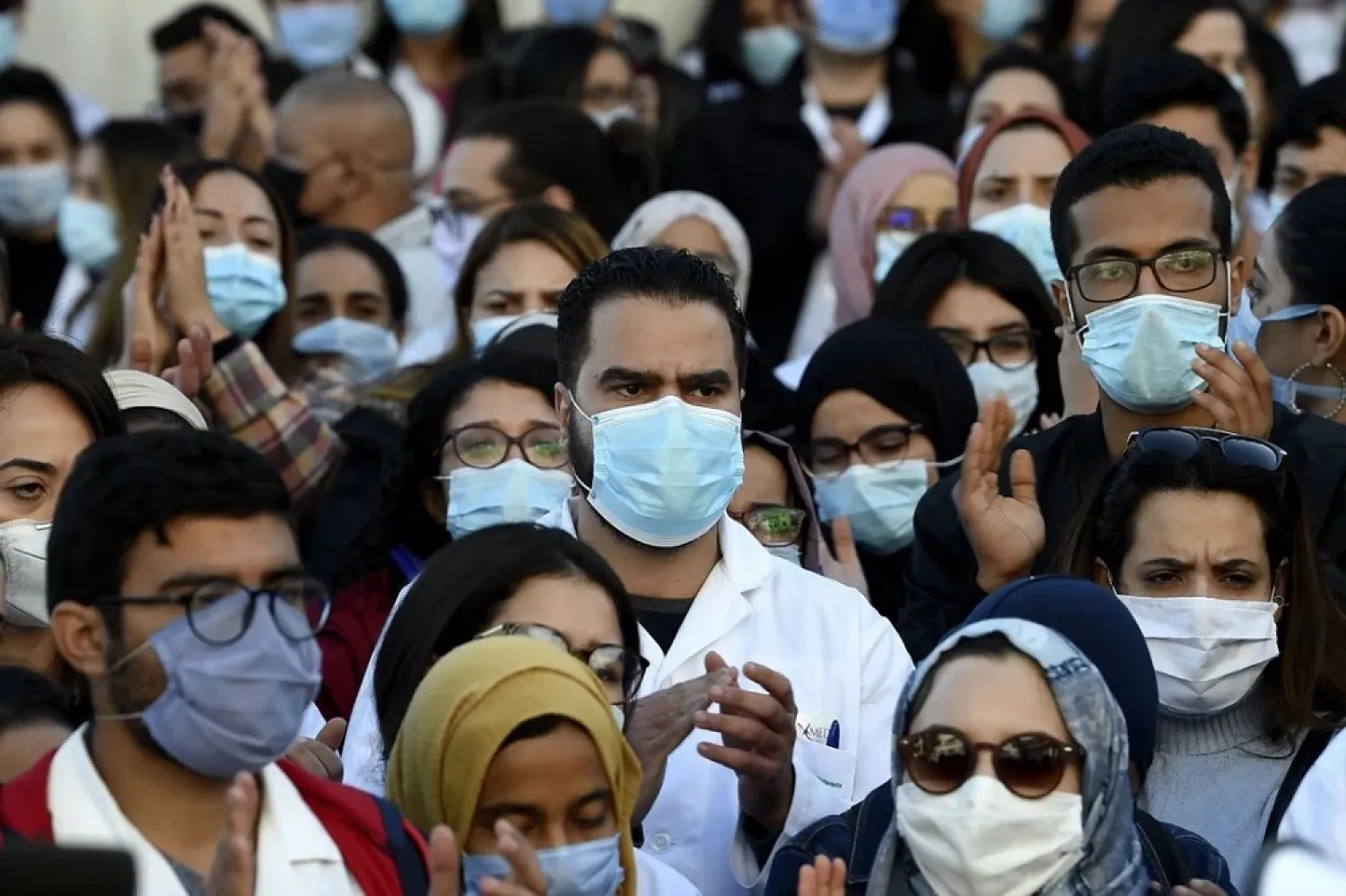Hundreds of medics protested in Tunisia on Friday after a young doctor died in a hospital elevator accident in the country's northwest.
Badreddedine Aloui, 27, plunged to his death Thursday down an elevator shaft after the lift doors opened but with no elevator in place, witnesses interviewed by local media said.
The elevator, in a hospital in the marginalized Jendouba region, had allegedly remained in service despite a long-reported fault.
Hundreds of doctors, health workers and medical students gathered in front of the health ministry in the capital Tunis on Friday, demanding the health minister and other officials be sacked, an AFP correspondent reported.
The hospital has been visited by two government ministers over the past months, including Health Minister Faouzi Mehdi in October.
"A young doctor has died as a result of this negligence," said Zied Bouguerra, a member of the Tunisian Organization of Young Doctors.
A protest was also held in the eastern port city of Sfax.
Local media reported that Prime Minister Hichem Mechichi ordered a state funeral, with the surgeon to be buried Friday in his native Kasserine, in western Tunisia.
Tunisians have also taken to social media to denounce what they say are dysfunctional public services, particularly in the health sector, in the midst of the novel coronavirus pandemic.
Tunisia had managed to keep its outbreak largely contained until the end of June but cases have soared in recent months.
The North African country has officially registered over 3,300 deaths and is nearing 100,000 infections.
Hospitals with limited resources and management problems have been struggling to cope.
The accident came at a time when the country's health budget is currently before parliament.









